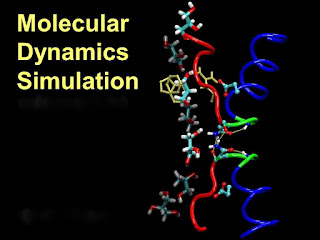Revealing the selective mechanisms of inhibitors to PARP-1 and PARP-2 via multiple computational methods
One of the most exciting developments in the treatment of ovarian cancer in recent times has been the use of new drugs called PARP inhibitors. These drugs act to prevent the repair of DNA chromosome material in the nucleus of cancer cells.
Certain groups of women have genetic predisposition to have an over-expression of PARP enzymes in their metabolism, this is most often inherited but may be acquired. Initially it was thought only women with the BRCA1/2 mutation were affected but now it seems up to about 45% of women who have ovarian cancer may benefit from PARP inhibition.
Of course in cell metabolism nothing is simple and further study has described 17 variants of PARP enzymes. There are side effects of PARP inhibition, one of the most significant being damage to the bone marrow which can result in leukaemia. The PARP2 variant seems the problem, as inhibition of this makes the marrow effect more probable.
This review describes new therapy in development, which selectively causes PARP1 inhibition, which is the effective suppression therapy for ovarian cancer but does not affect PARP2. This customised treatment of ovarian cancer would be a great benefit.









